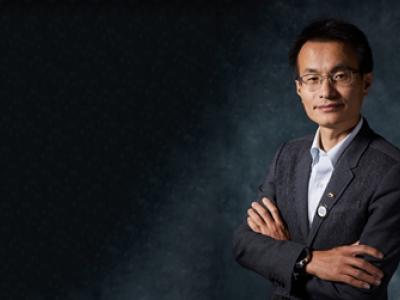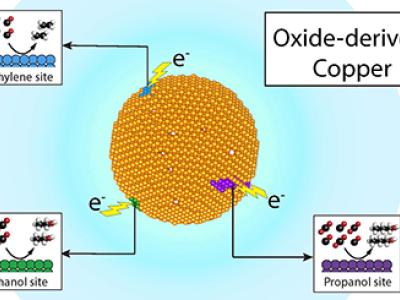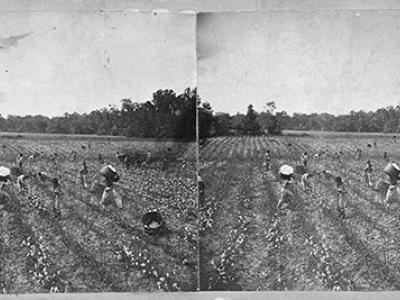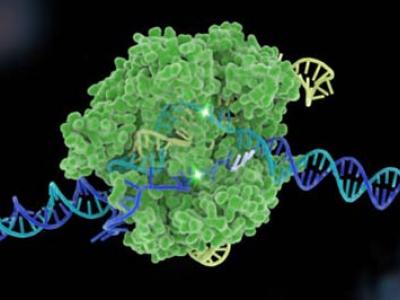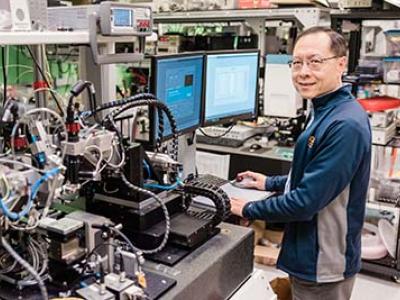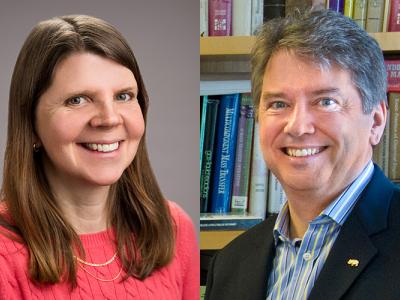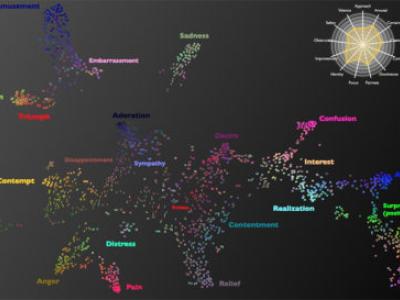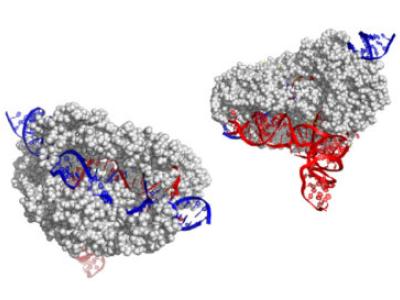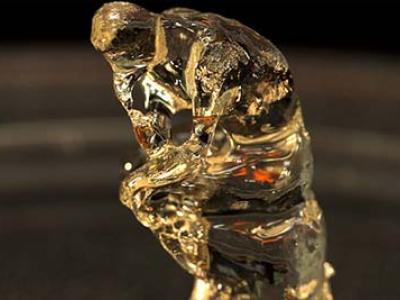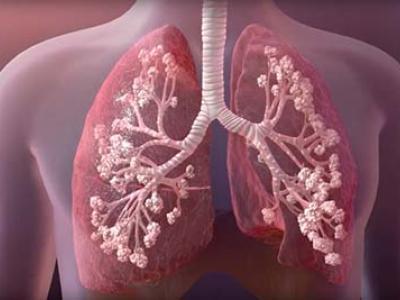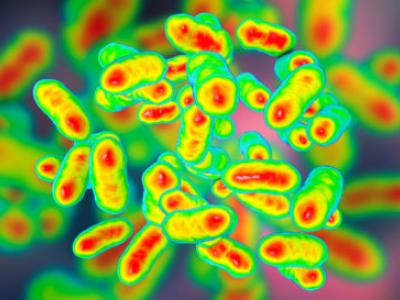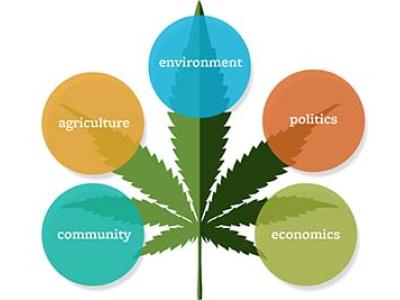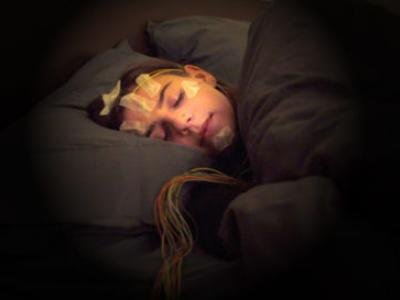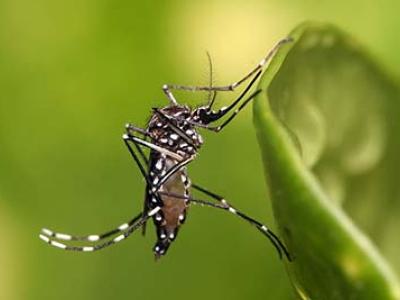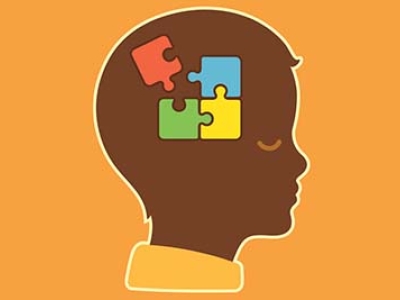Peidong Yang assumes the role of Director of the Kavli Energy NanoScience Institute (ENSI).
Research News
Learn more about UC Berkeley's researchers and innovators.
Showing 1633 - 1648 of 3464 Results
Researchers discover copper has potential as a catalyst for turning carbon dioxide into sustainable chemicals and fuels without any wasteful byproducts, creating a green alternative to present-day chemical manufacturing
Caitlin Rosenthal, an assistant professor of history at UC Berkeley, has brought history into fresh focus with her new book, Accounting for Slavery: Masters and Management, which examines how white owners of enslaved black people were early innovators of many business practices and terms we use today.
The U.S. Patent and Trademark Office has issued a notice of allowance for a University of California patent application covering systems and methods for using single molecule guide RNAs that, when combined with the Cas9 protein, create more efficient and effective ways for scientists to target and edit genes.
Cloud applications and the ever-increasing demand by large enterprises to transmit and analyze “big data” are stretching the capacity of even the largest data center servers as traditional switches become data flow bottlenecks. Ming Wu has invented a new optical, or photonic, switch capable of record-breaking speed that can be fabricated as integrated circuits so they can be mass-produced, keeping the cost per device low.
Claire Tomlin, a professor of electrical engineering and computer science, and Douglas Clark, a professor of chemical and biomolecular engineering and dean of the College of Chemistry, are among 86 newly elected members of the prestigious National Academy of Engineering.
NASA’s Hubble Space Telescope has snapped the latest weather pictures of our solar system’s frigid outer planets, and UC Berkeley astronomers have jumped in to interpret them.
Ooh, surprise! Those spontaneous sounds we make to express everything from elation (woohoo) to embarrassment (oops) say a lot more about what we’re feeling than previously understood, according to new UC Berkeley research.
In a mere seven years, Cas9 has shown itself to be a formidable gene editor, employed in humans, plants, animals and bacteria to quickly and accurately cut and splice DNA, transforming biology and opening new avenues for treating disease.
But a new kid on the block, CasX, may give Cas9 a run for its money.
A new 3D printer uses light to transform gooey liquids into complex solid objects in only a matter of minutes.
Researchers exploring the effects of a long-standing treatment for cystic fibrosis have discovered a potential new target for drugs to treat the disease, which has no cure and typically cuts decades off the lives of patients.
Viruses plague bacteria just as viruses like influenza plague humans.
Some of the largest of these so-called bacteriophages have now been found in the human gut, where they periodically devastate bacteria just as seasonal outbreaks of flu lay humans low, according to a new study led by UC Berkeley scientists.
UC Berkeley’s new Cannabis Research Center, announced today by a multidisciplinary team of faculty, will explore how cannabis production impacts the environment and society, and how these impacts will evolve under new regulations set in place by legalization.
When we’re in pain, we have a hard time sleeping. But how does poor sleep affect pain? For the first time, UC Berkeley scientists have answered that question by identifying neural glitches in the sleep-deprived brain that can intensify and prolong the agony of sickness and injury.
Prior infection with the dengue virus could protect children from the symptoms of Zika, finds a new study led by researchers at UC Berkeley and the University of Michigan.
A detailed study of four mouse models of autism challenges the most common assumption about what goes wrong in brain circuits to cause disease symptoms.

